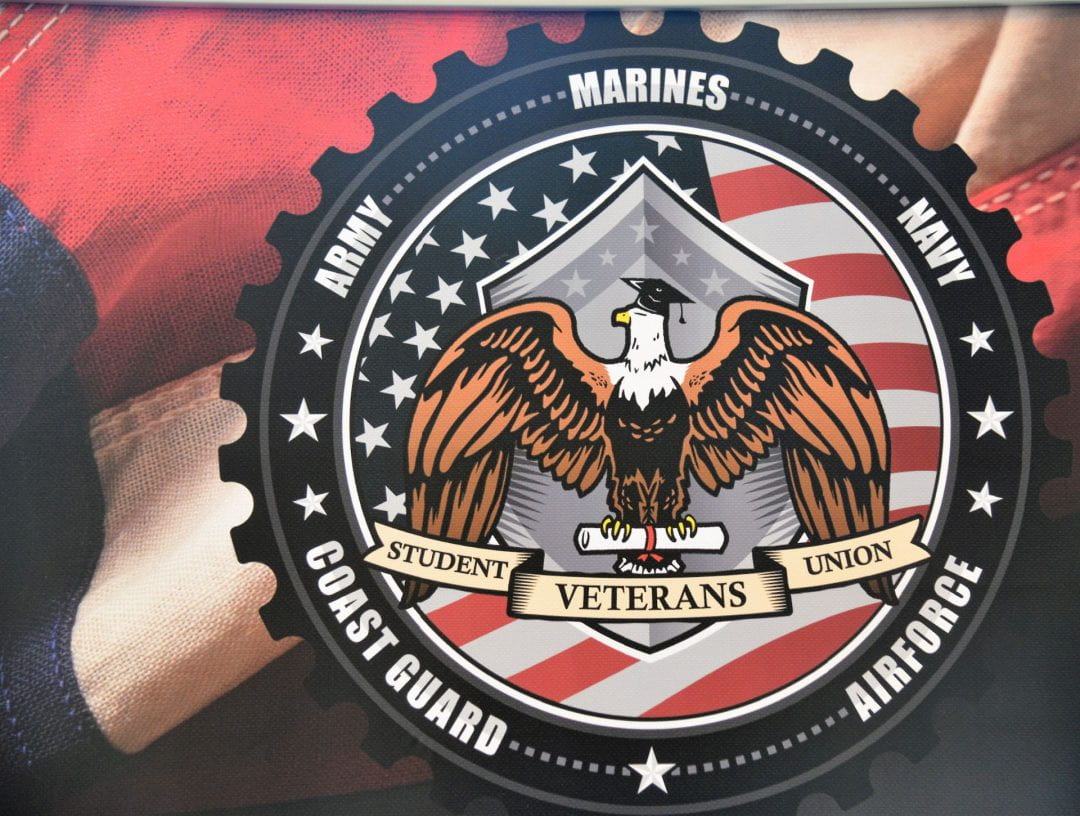Mike Robinson served in the U.S. Navy for five years as a nuclear physics instructor at the Naval Nuclear Power School in Charleston, S.C. The Navy’s submarines and aircraft carriers are powered by nuclear reactors and it was his job to teach future operators the fundamental theories of how they worked. During his last year of service, he also took on a managerial role, which included mentoring and overseeing the training of new instructors and working on various curriculum changes. Being stationed in Charleston was a great opportunity, he says, to explore nature and the outdoors. Today, Robinson is pursuing his MBA with a concentration in entrepreneurship at the Kellstadt Graduate School of Business.
Why did you decide to study business?

Mike Robinson
I chose business because it will provide me with valuable skills in leadership and management, along with a solid background of knowledge that will be useful for starting and growing companies. I would like to become more involved in organizations that connect and help others using technology. Whether I join a small startup or create my own business, I believe the experience I gain at DePaul will be vital to this journey.
How is the college experience different for veterans?
My college experience as a veteran is notably different from my experience before as an undergraduate. Most veteran students are older compared to an average undergraduate student, since they have done time in the service first, and they have more hands-on work experience. I think this makes it a bit easier to manage one’s time, meet deadlines and formulate a plan before execution.
At the same time, veteran students might have more responsibilities such as families or work that might demand more of their resources. There is a bit more balancing that needs to be done, but I think prior military experience provides a good framework for this skill. In addition, I found that I really connected with other veteran students as our shared experiences went a long way.
What advice do you give veterans on how their training could apply to studying and pursuing careers in business?
There are quite a few parallels between the military and business school. Veterans have the organizational skills and discipline to get tasks done properly and efficiently, whether it be a midterm paper or preparing for a class presentation. Regardless if a veteran student is pursuing an undergraduate degree full-time with four classes or just going part time for a graduate program, I would recommend that they see the similarities between the military and their program; instead of physical training, there is mental training (learning), etc. Also, setting a schedule is vital; in the military so much of the day is planned for you. With all the freedoms that come with being a student, keeping a planner is essential.
How was your experience transitioning to DePaul as a veteran student?
My transition from active duty to student became much easier once I committed to being a student and stuck to a daily routine. I think it is easy for veterans to wander a bit when they first lose the rigid structure of the military. Once I started attending DePaul full-time, I was able to devote myself to learning and it helped me get a strong sense of purpose and vision, which I think many veterans struggle with when first leaving the military. The time that I did take off between the Navy and graduate school provided me with some time to travel and see parts of the world that I hadn’t seen, such as the Caribbean.
Now I am living somewhere I’ve never lived before (Chicago) and I feel blessed that it has been such a positive experience. It is easy to make friends in the city, build strong connections and find communities to thrive in. Everyone I have interacted with at DePaul (students, professors, advisors etc.) has been friendly, helpful and supportive. I wouldn’t be nearly as successful as a student if it wasn’t for them.



Recent Comments